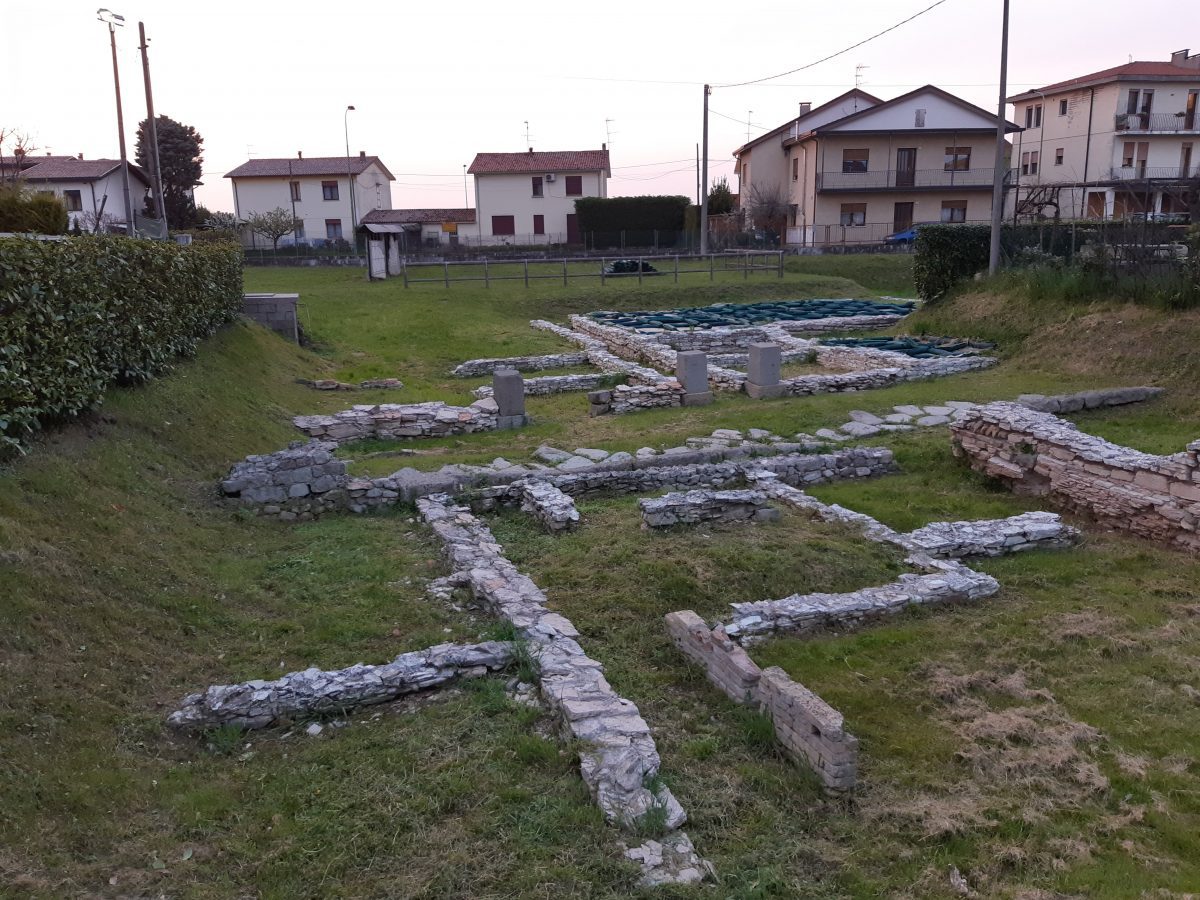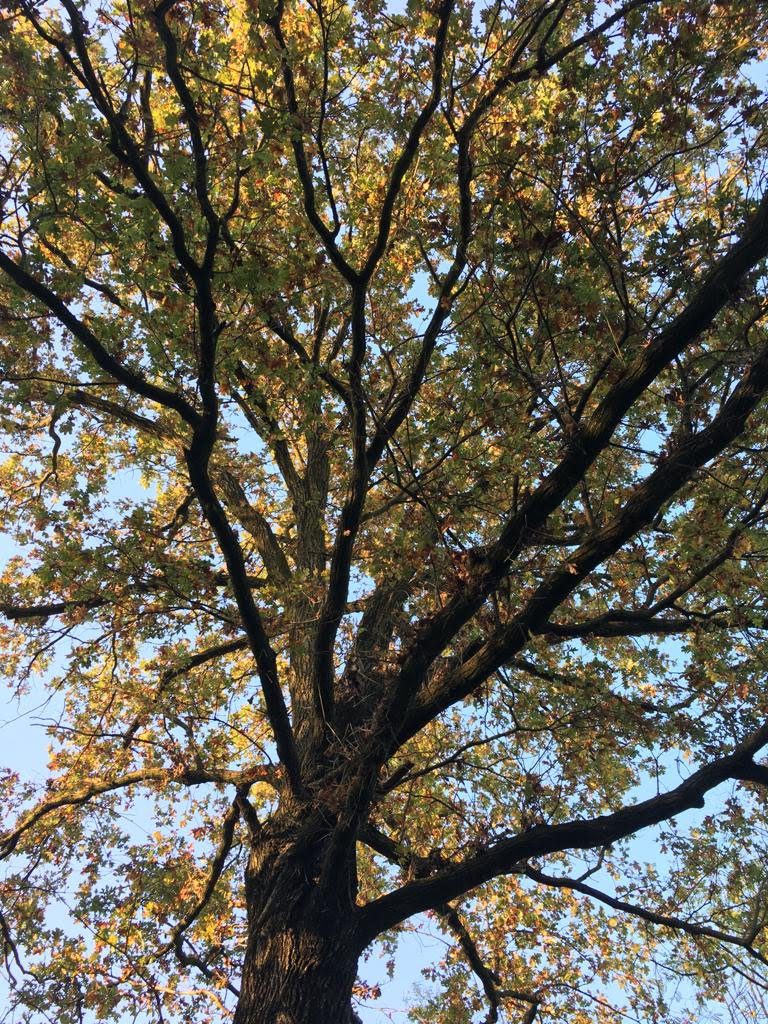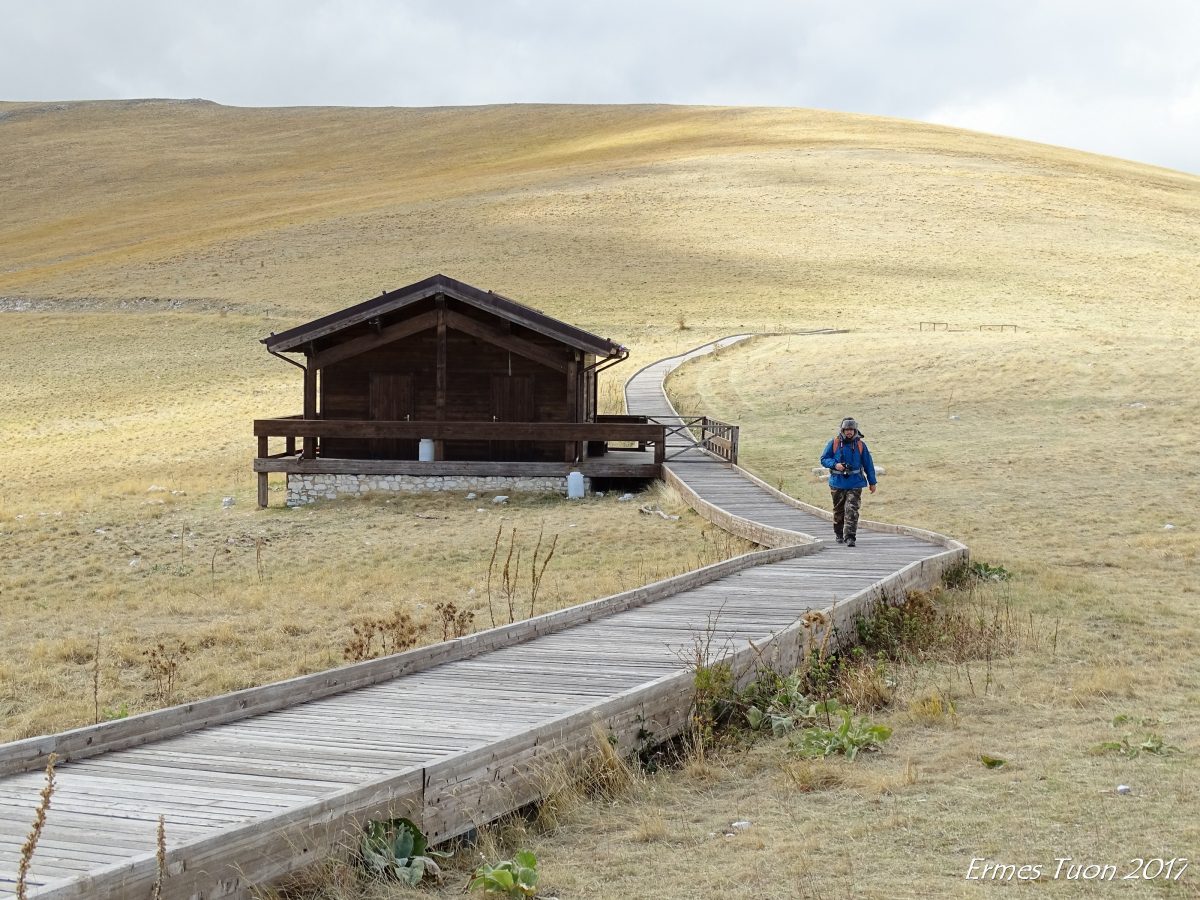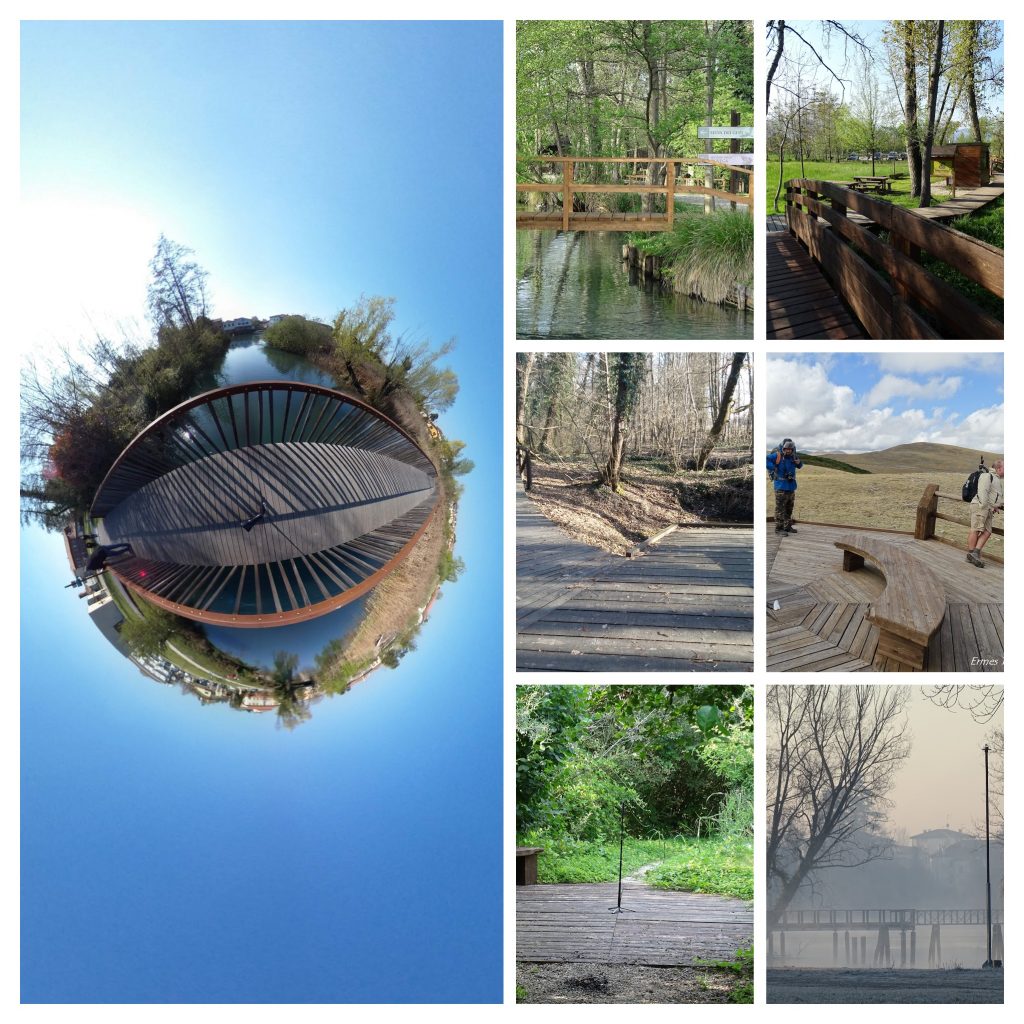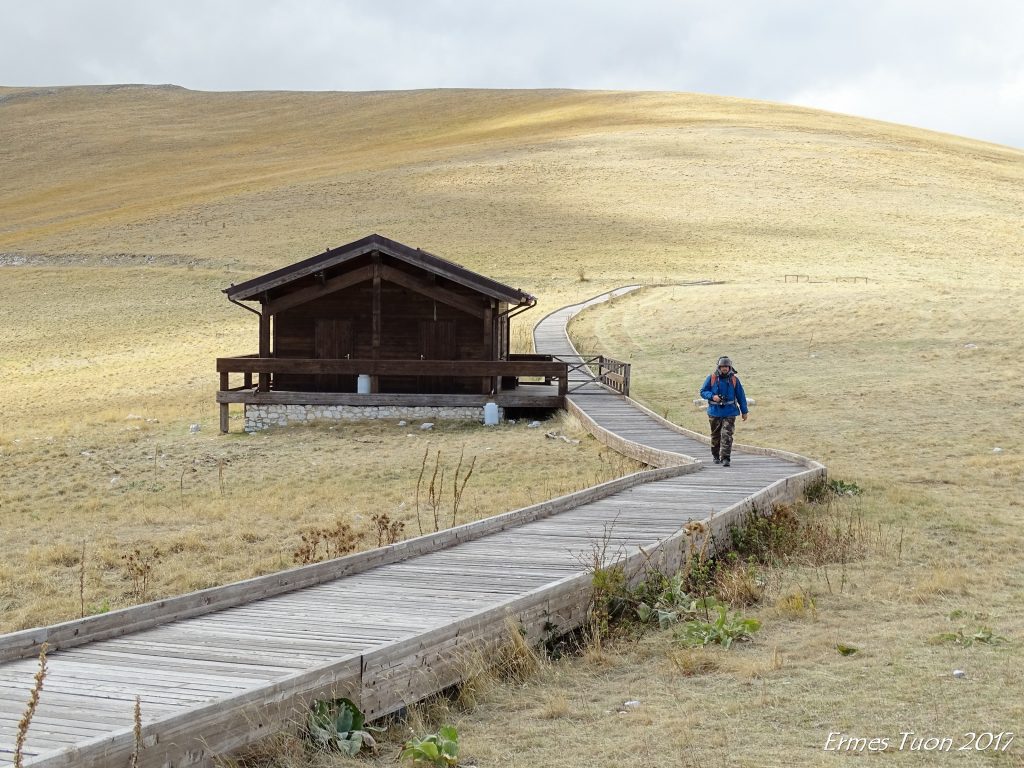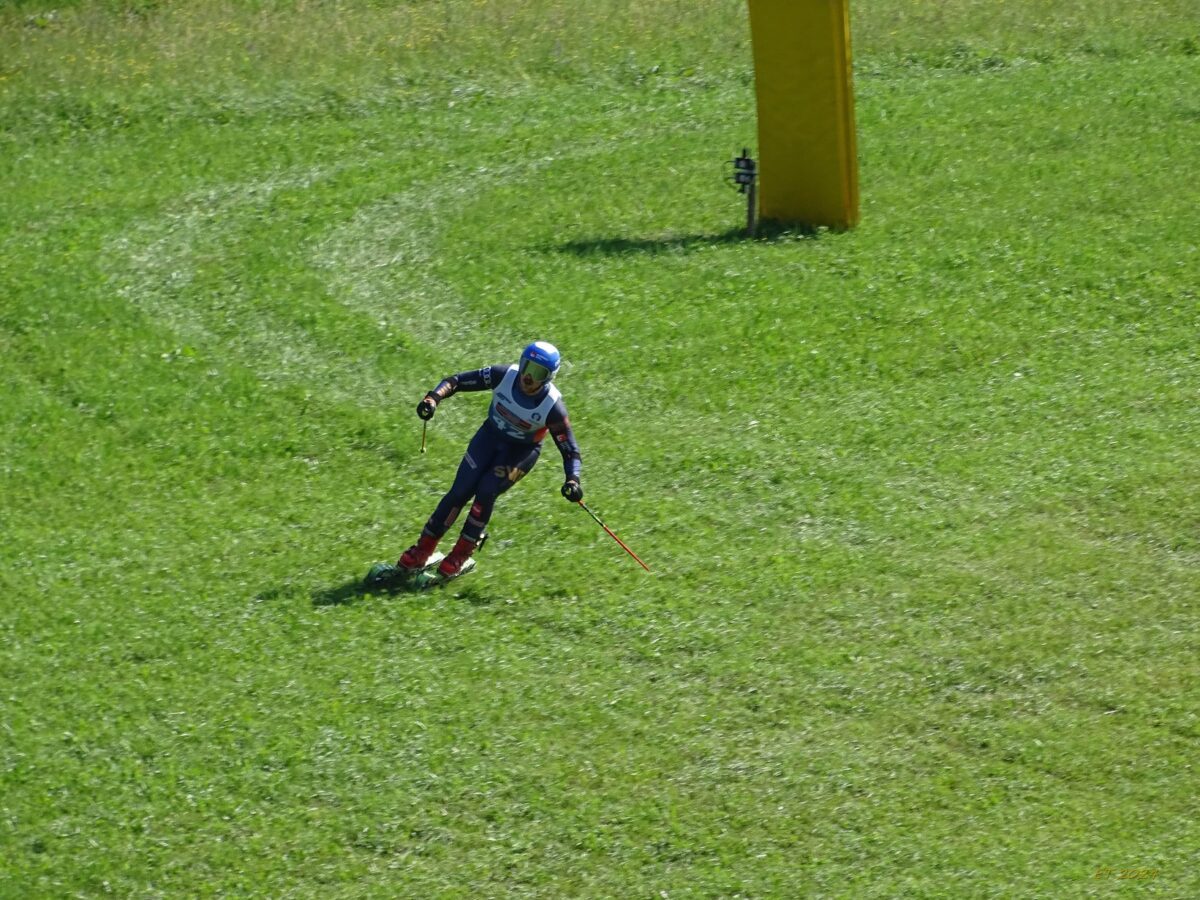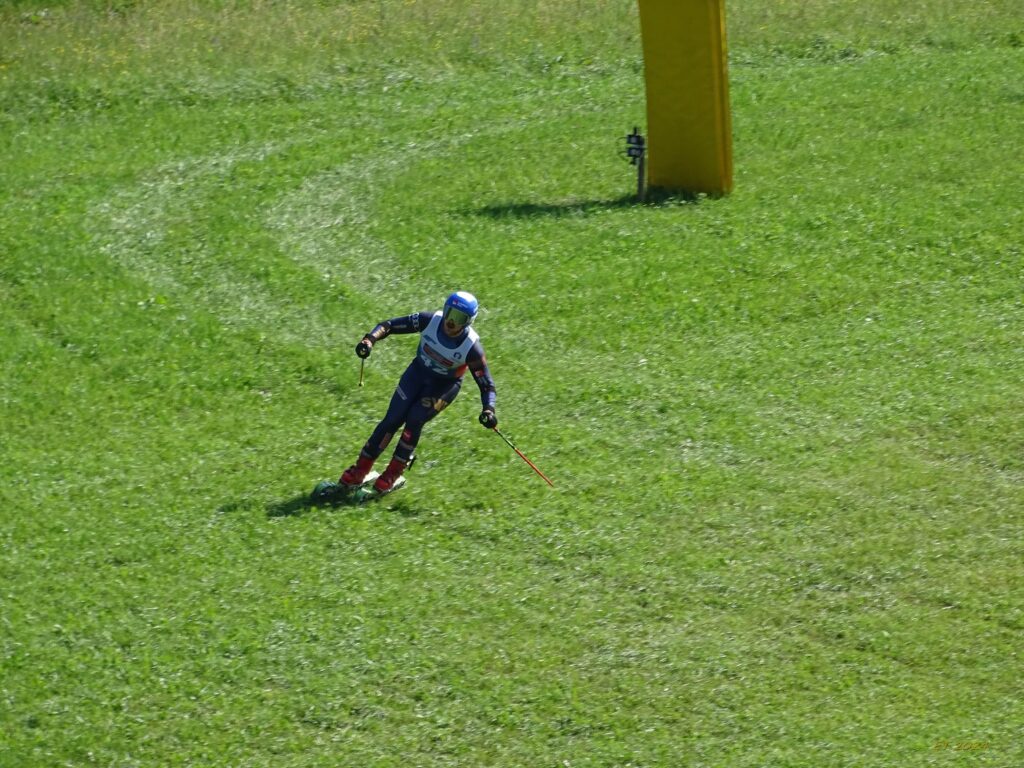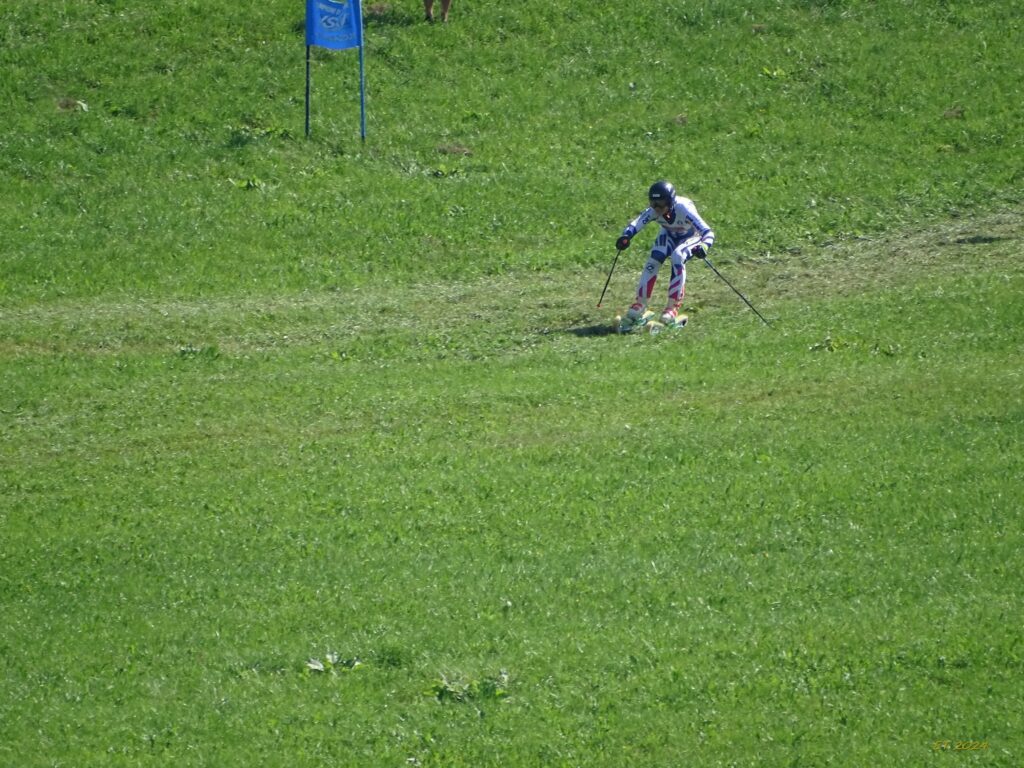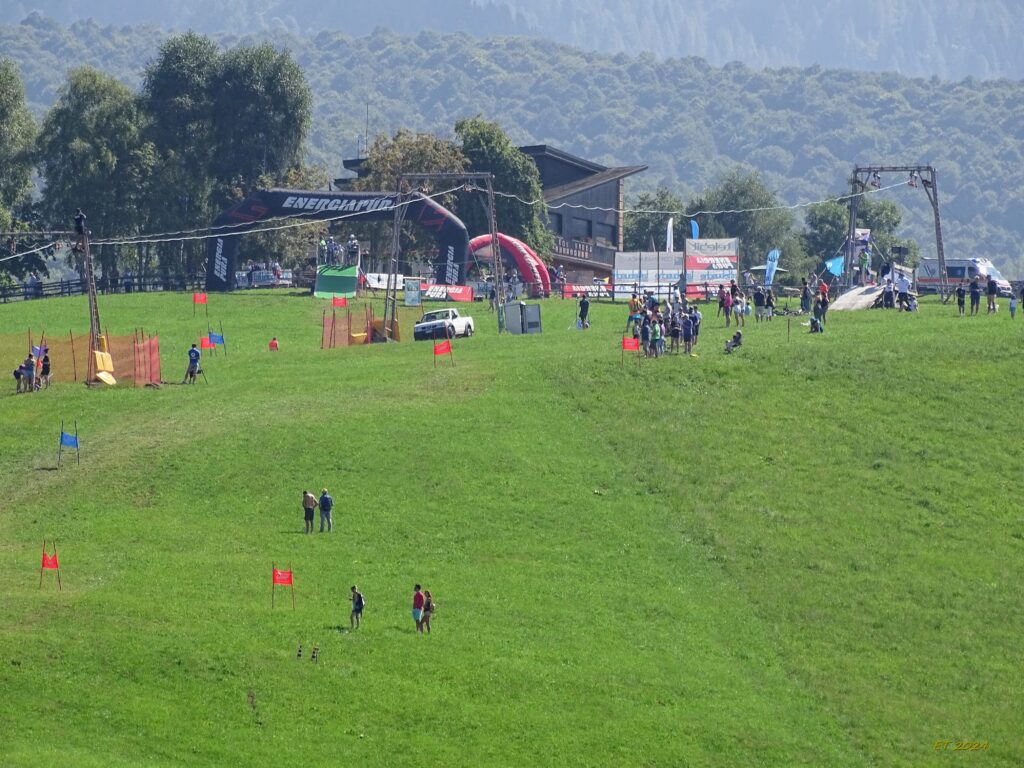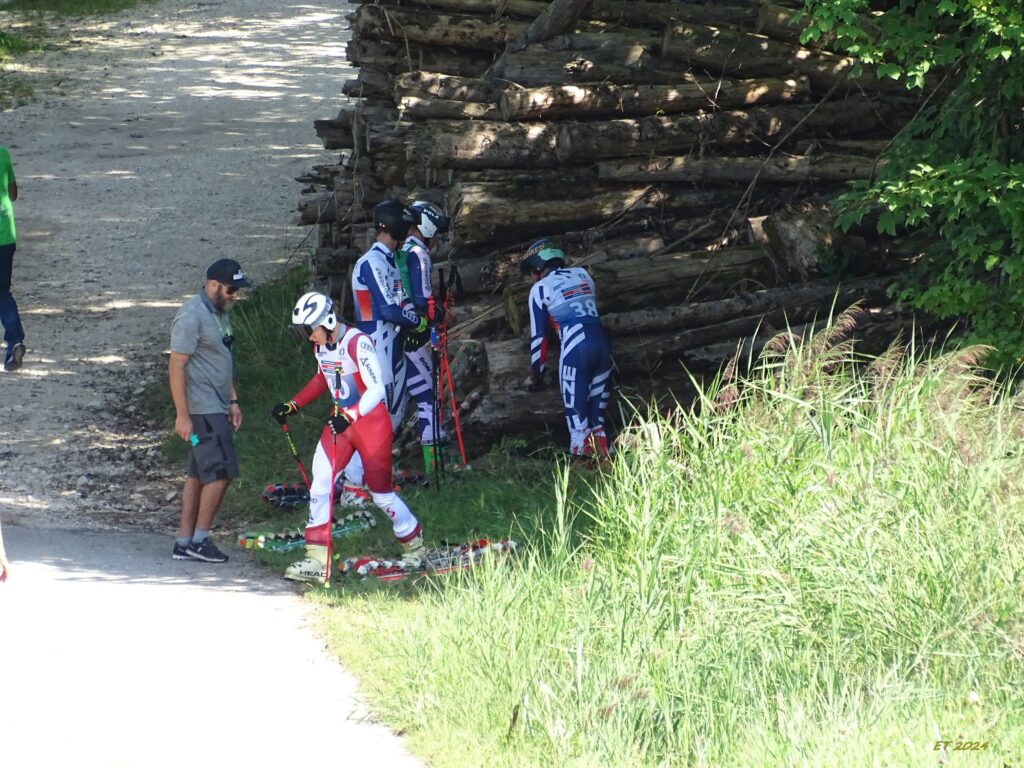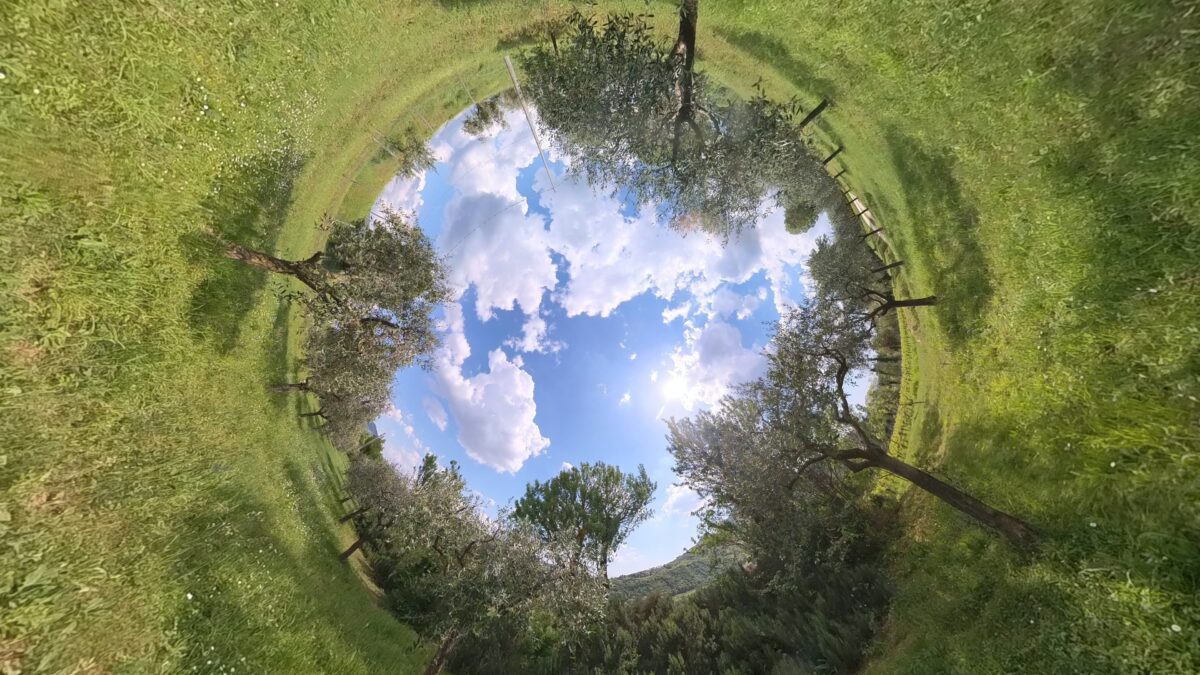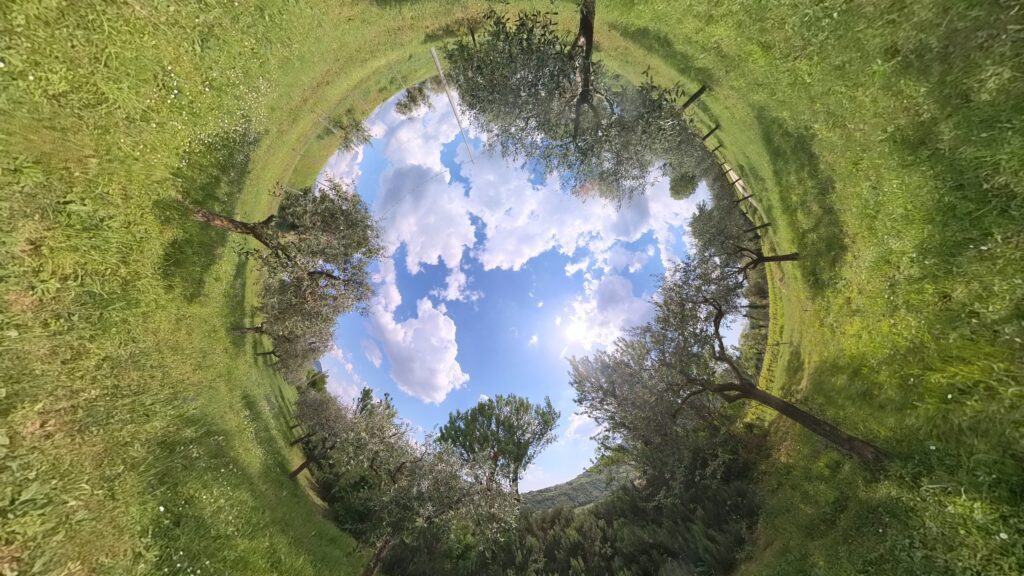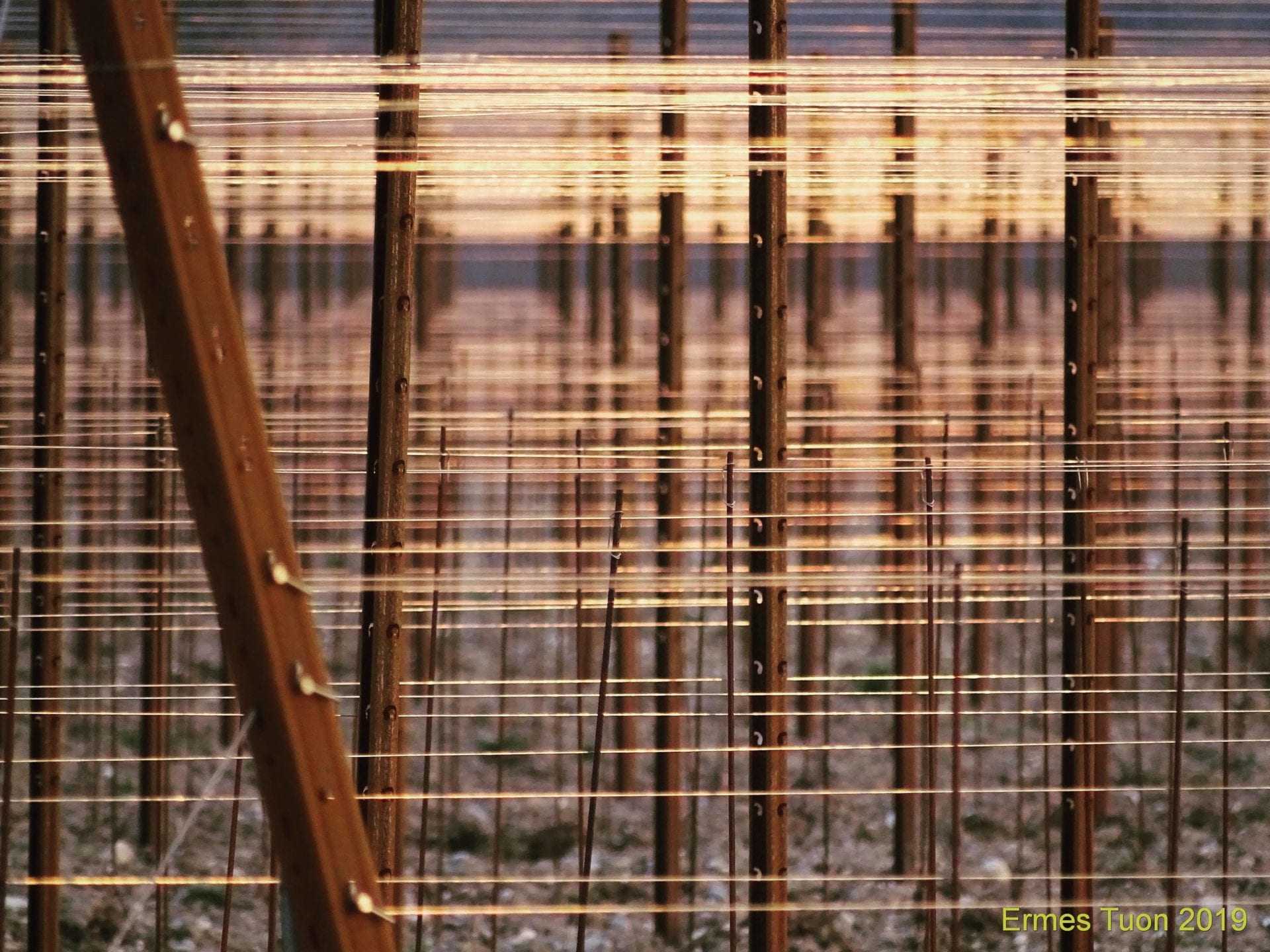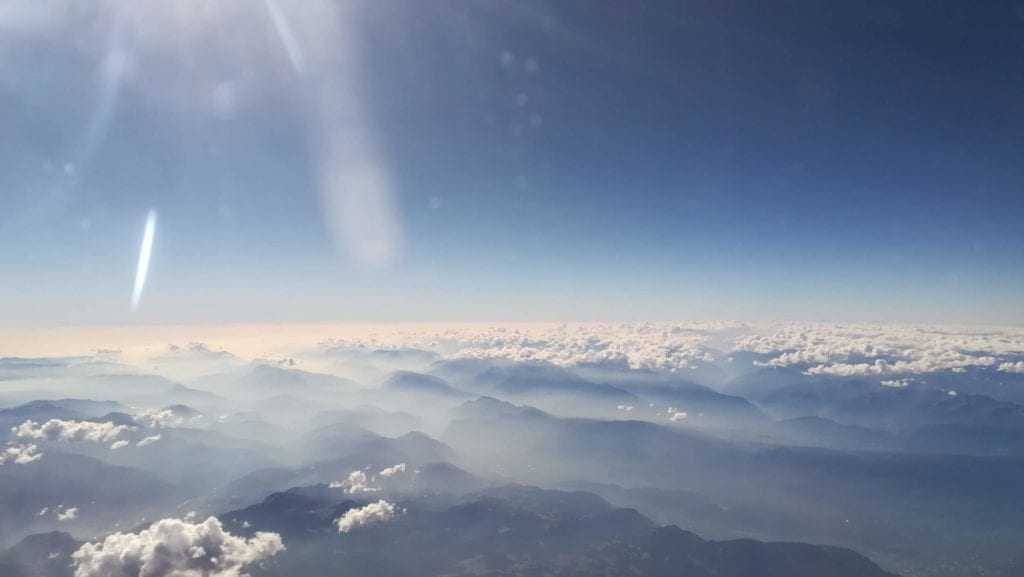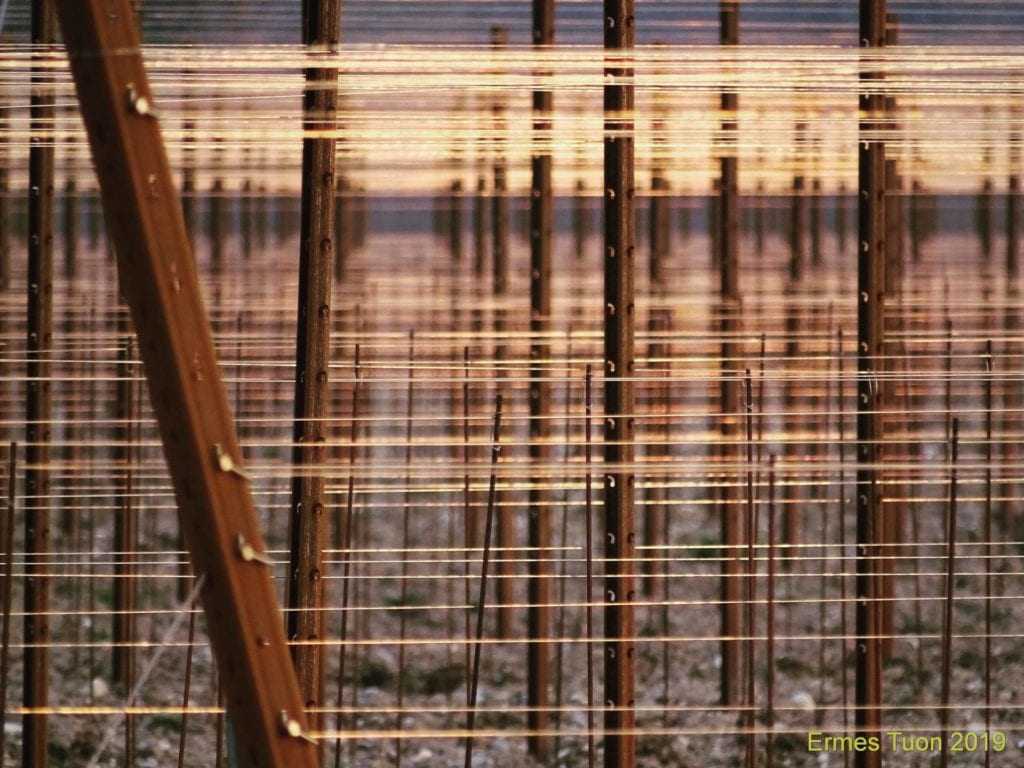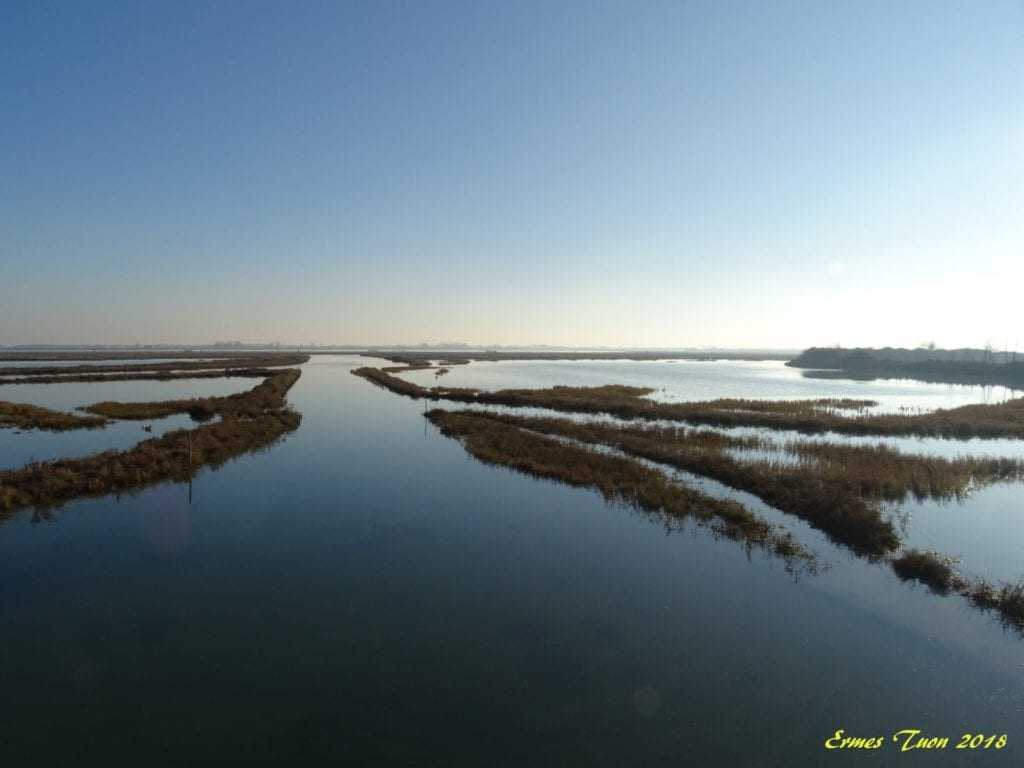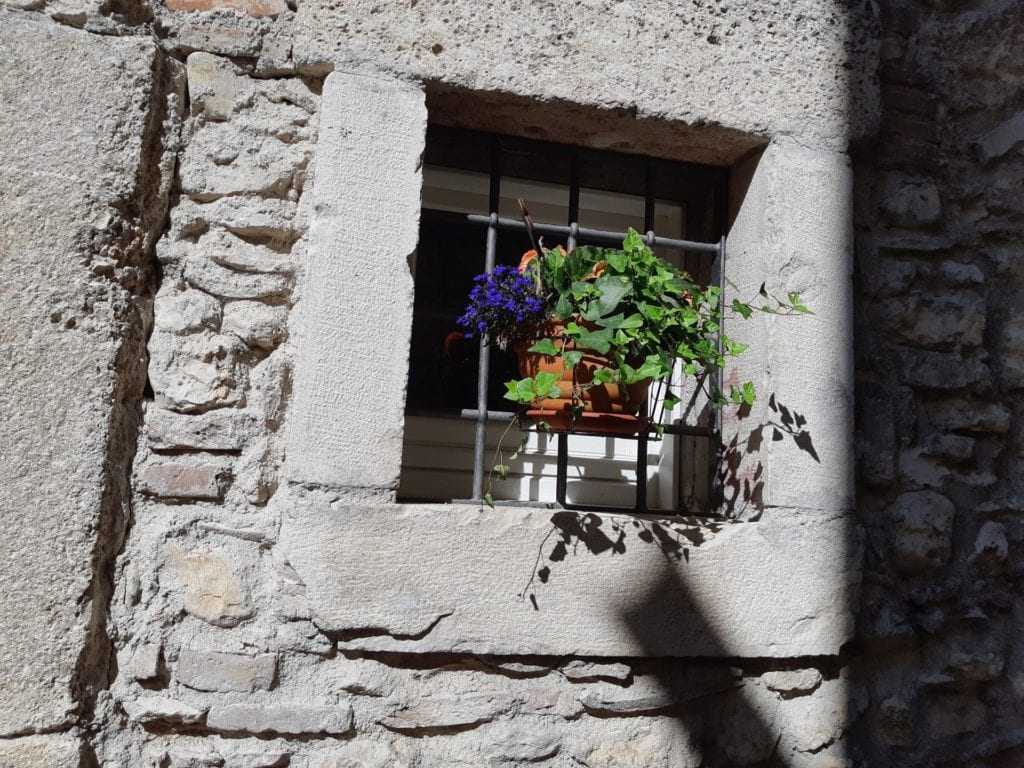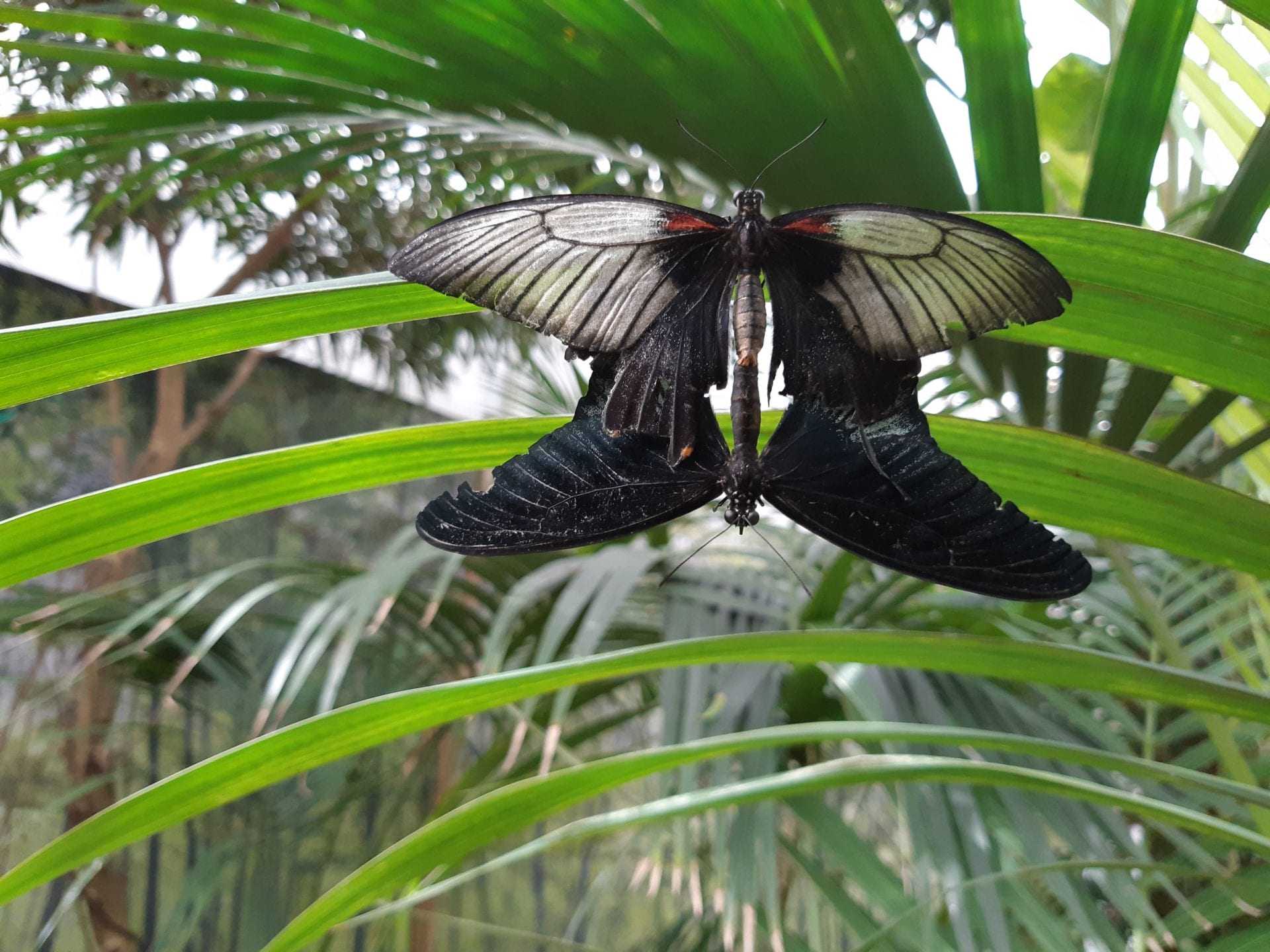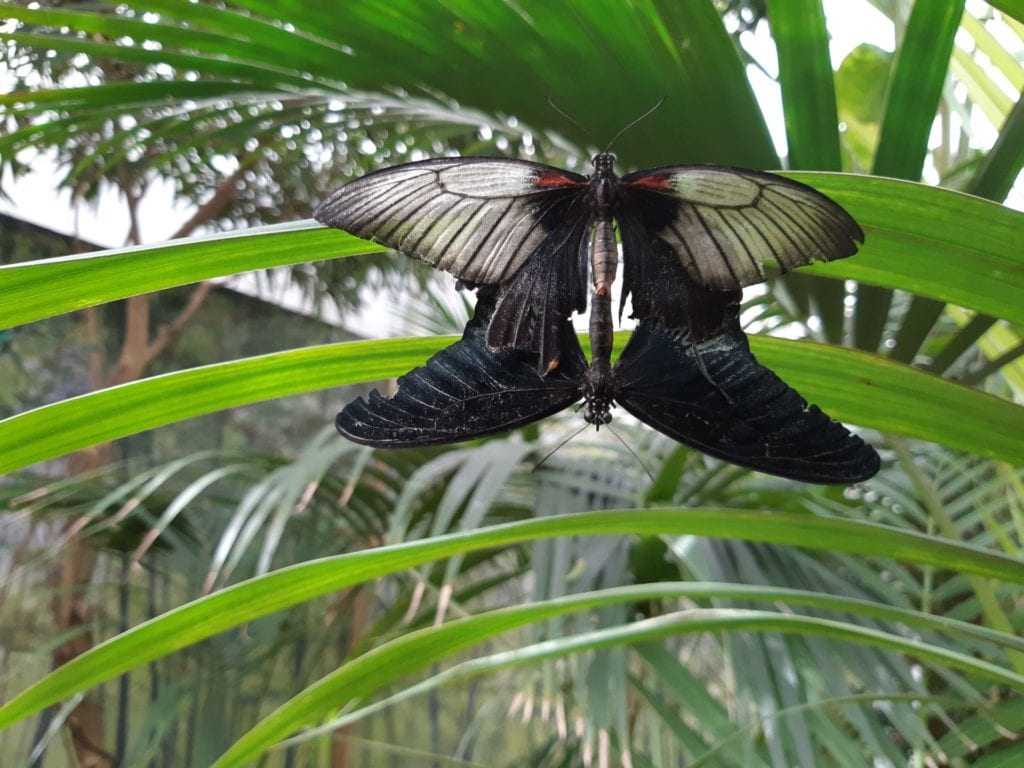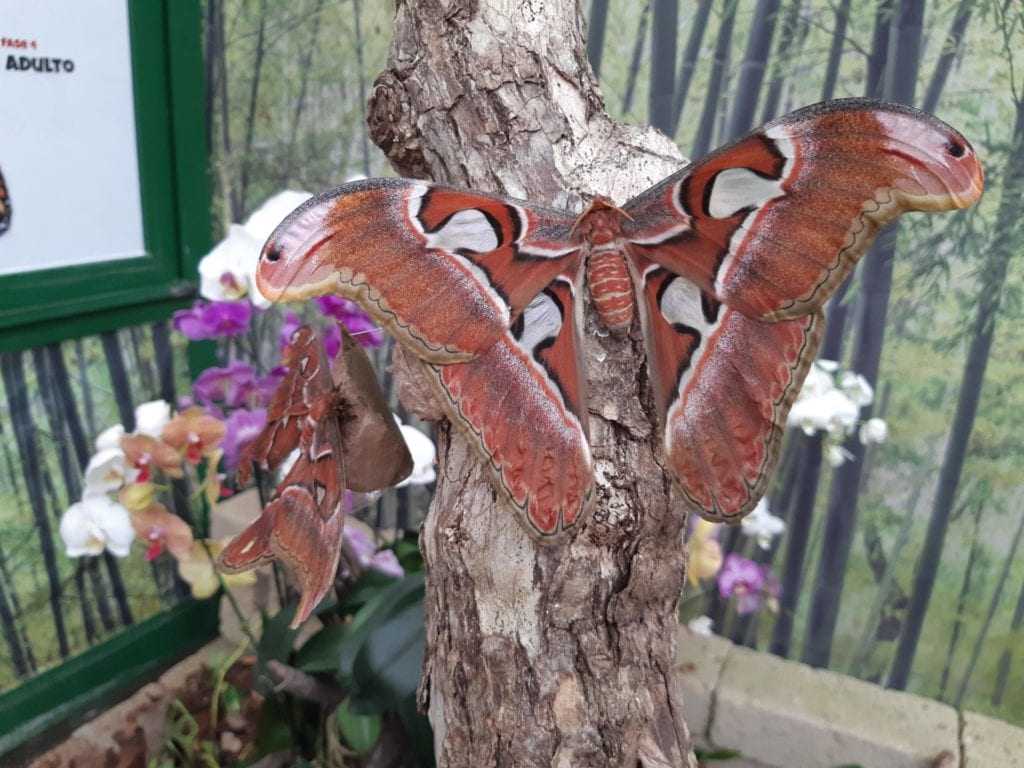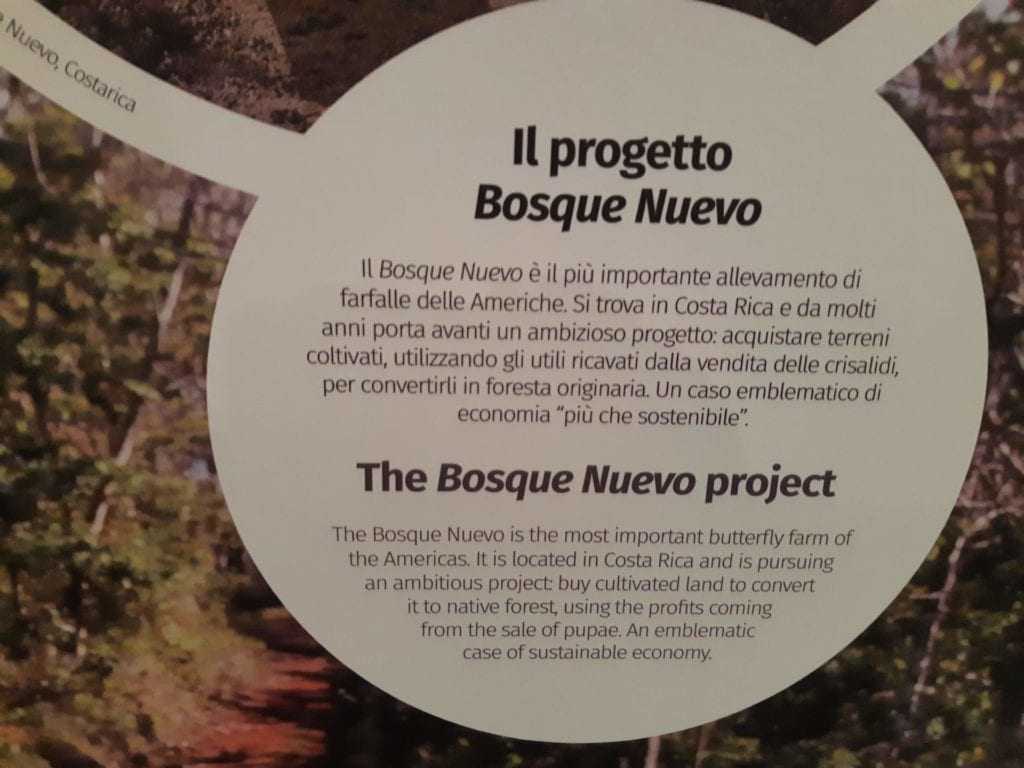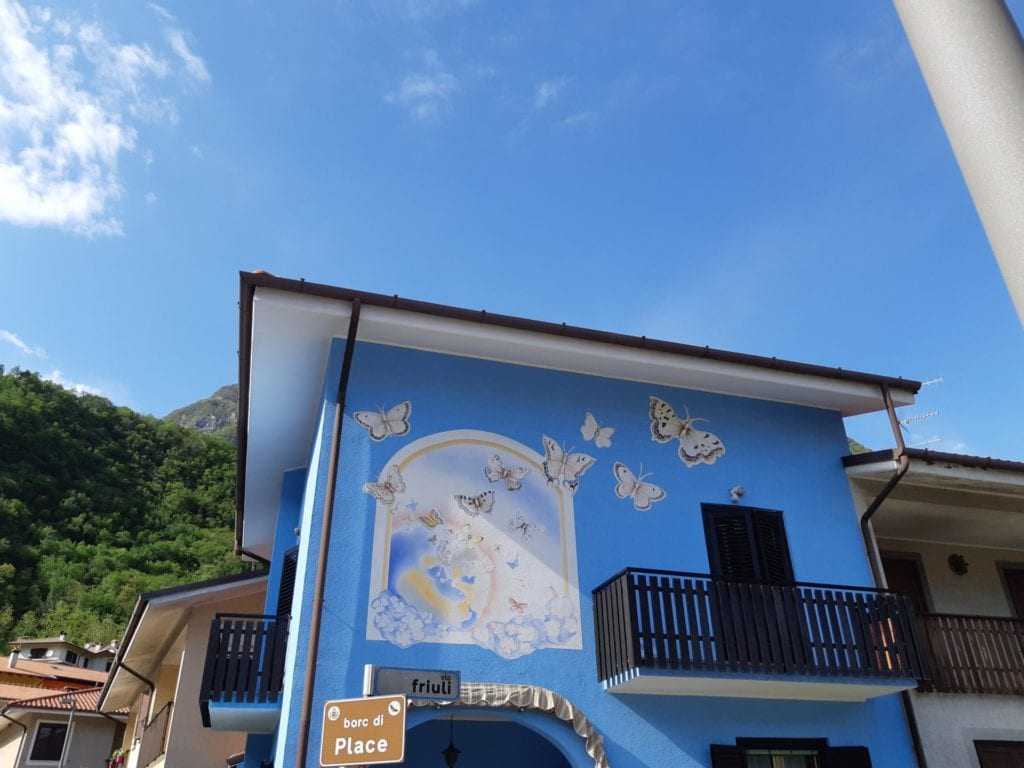And the day came...an article taken from Q9 (2018) that explores the complex relationship between human being, environment and culture in Italy. It takes the inspiration from the film “The Happening” (by M. Night Shyamalan) and recent extreme climatic events like Vaia. Starting from that poit of view it analyzes the Italian tendency not to value its heritage, despite its immense cultural and natural wealth. As an example, the picture on the cover represents some Roman ruins in the middle of a residential area. The area – in Este near Padova – is, unfortunately, not well known but is worth paying a visit. We have to keep in mind that Veneto is not only Venice but is also less “famous” small cities full of history.
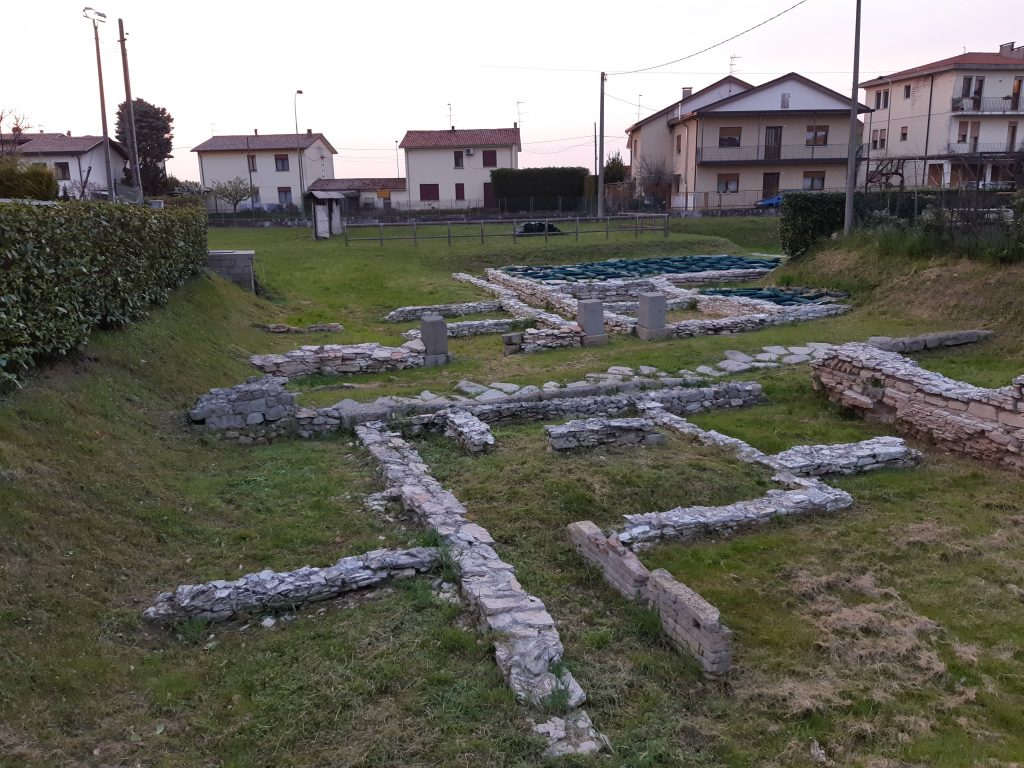
In fact, the article proposes an alternative vision of tourism based on small centres and a strong interaction between culture and territories. Interaction but… talking about how to interect, the article criticizes the fragmented and poorly organized approach to widespread museums and ecomuseums. Luckily there are positive examples of “recycling” culture and territory, such as the Hemp Museum (Umbria), and virtuous models such as Arte Sella (Trentiono). These approaches emphasize the importance of sustainable and integrated use of the territory. Without fogetting to reflect on climate change and urge for greater awareness and action!
For reading And the day came click HERE
For Quaderno 9 click HERE
